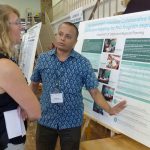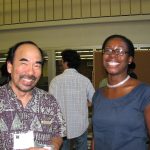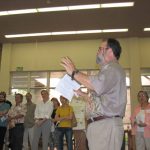Advancing Learning in the Communication BA through ePortfolios
In 2018, the Communication program in the School of Communications conducted a program assessment of undergraduate senior capstone …


In 2018, the Communication program in the School of Communications conducted a program assessment of undergraduate senior capstone …

Faculty and doctoral students of the Department of Urban and Regional Planning (DURP) initiated a review of their …

The UH Manoa Anthropology Program, established in 1934, is the leading department of anthropology in Hawai’i, the Pacific, …

The Public Administration Program offers a Master’s of Public Administration (MPA) degree. Currently our program is 30 credits, …

The Communication Department’s undergraduate curriculum is currently guided by seven SLOs (Student Learning Outcomes), which are demonstrable skills …

The Political Science faculty modified existing departmental, undergraduate student learning outcomes (SLOs), which informed assessment development and curricular …

In the last 6 months, the Department of Psychology has initiated a new plan that is expected to …

The Department of Psychology has adopted the learning goals and outcomes proposed by the American Psychological Association Task …

The Philosophy undergraduate program has a relatively small number of student learning outcomes and most of these refer …
The College of Social Sciences offers 11 bachelor degrees and a wide range of undergraduate course offerings that …
A 2023-2029 imperative goal of the University of Hawai‘i is to fulfill kuleana to Native Hawaiians and Hawaiʻi …
“In 2021, the American Association of Colleges of Nursing (AACN) published the Essentials: Core Competencies for Professional Nursing …
The purpose of this project was to establish a systematic process to gather program learning outcome data. This …